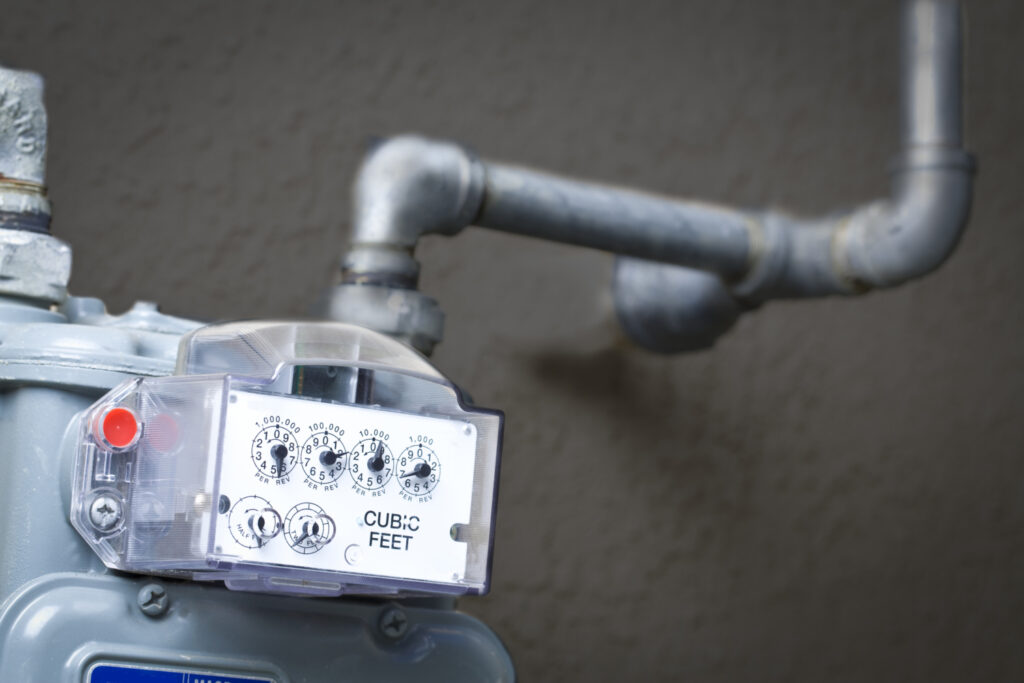
Federal regulators say they’ll reduce grant funding to South Dakota if the state doesn’t do a better job preventing excavation damages to buried pipelines.
The warning came in a letter this month from the U.S. Department of Transportation’s Pipeline and Hazardous Materials Safety Administration (PHMSA), after a July review. For the second year in a row, the evaluation found the state’s enforcement “inadequate.”
In South Dakota, anyone planning a digging project is supposed to notify the state’s One Call service, either through an online form or by dialing 811. The service notifies utilities, and they mark the location of underground pipes and cables.
If excavation projects damage a pipeline, the pipeline operator can file a complaint with the state’s One Call Board. The board can take disciplinary action, such as imposing fines on the party responsible for the damage and requiring safety training, but only after a complaint has been filed. The fine for a first offense can be up to $1,000, and the second in the same year can be up to $5,000.
But complaints are rarely filed. PHMSA said there were 489 reports of excavation damages to natural gas distribution pipelines last year in South Dakota, and only seven complaints.
Funding reduction would affect PUC
The state One Call Board met Tuesday via Zoom. Mary Zanter, pipeline safety program manager with the state Public Utilities Commission, told the board why pipeline operators file so few complaints.
“Currently, they don’t believe there is anything that the board will do regarding their complaints that are filed,” Zanter said.
PHMSA said in its letter that the state’s complaint-driven approach, which encourages dispute resolution outside of the formal process, is also inhibiting enforcement and does not meet requirements in federal law.
The federal agency is threatening to decrease state-based grant funding for pipeline safety by roughly $8,000 to $10,000 — a 4% reduction — if the problems are not addressed in about three years, Zanter said. That funding goes to the Public Utilities Commission.
Zanter advised the board to accept PHMSA’s invitation to offer guidance and support for better enforcement.
“Right now, South Dakota damages are within the top 10 highest in the nation and have been continuing for a number of years, and really, that’s the issue that needs to be resolved,” she said. “How do we reduce damages not only to gas facilities but all the facilities? So, we’ve got to look at the big picture, not just becoming adequate from the standpoint of this PHMSA evaluation.”
PHMSA gave the board 30 days to respond, but has since granted a short extension.
“Nationwide statistics show that effective enforcement of state damage prevention laws reduces excavation damage and pipeline incidents, resulting in enhanced public safety,” wrote Zach Barrett, the federal agency’s state programs director.
One Call Board’s reaction
The board unanimously decided to address the PHMSA letter by reevaluating its One Call complaint form.
“It is quite lengthy and some of the questions are repetitive,” said Codi Gregg, executive director of the One Call Board.
She said state law requires the person or entity filing the complaint to cite a specific law being broken.
“If it doesn’t identify that state law, the board cannot say, ‘OK, we believe it was a violation of this law number’ and assert that belief to the complaint,” Gregg said. “It has to be identified by the person filing. So, there were several complaints where there were no penalties issued.”
She said that problem existed with seven complaints in 2022 that were therefore not filed, in addition to the seven that were filed.
Board members said they’ll consider adjusting the language in their complaint processes and procedures that encourages excavators and pipeline operators to handle disputes themselves, rather than file a complaint to the board.
“PHMSA does not like that comment,” Gregg told the board. However, she and multiple board members expressed support for the language.
“We’re not out there to put somebody out of business,” Gregg said, adding that 811 “is meant to be a teaching tool.”
“I don’t mind that statement,” said Board Chairman Mark Meier of Watertown, who represents municipalities. “I like companies and contractors to work together to solve things.”
The board could consider the proposed changes at its January meeting.
